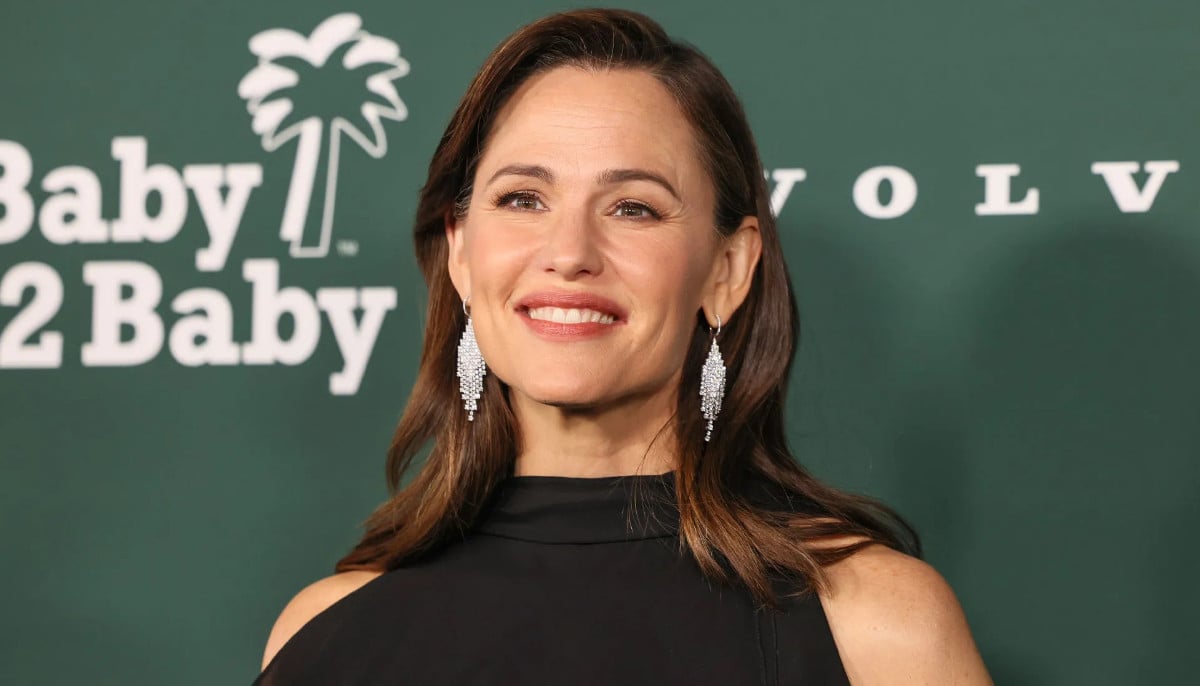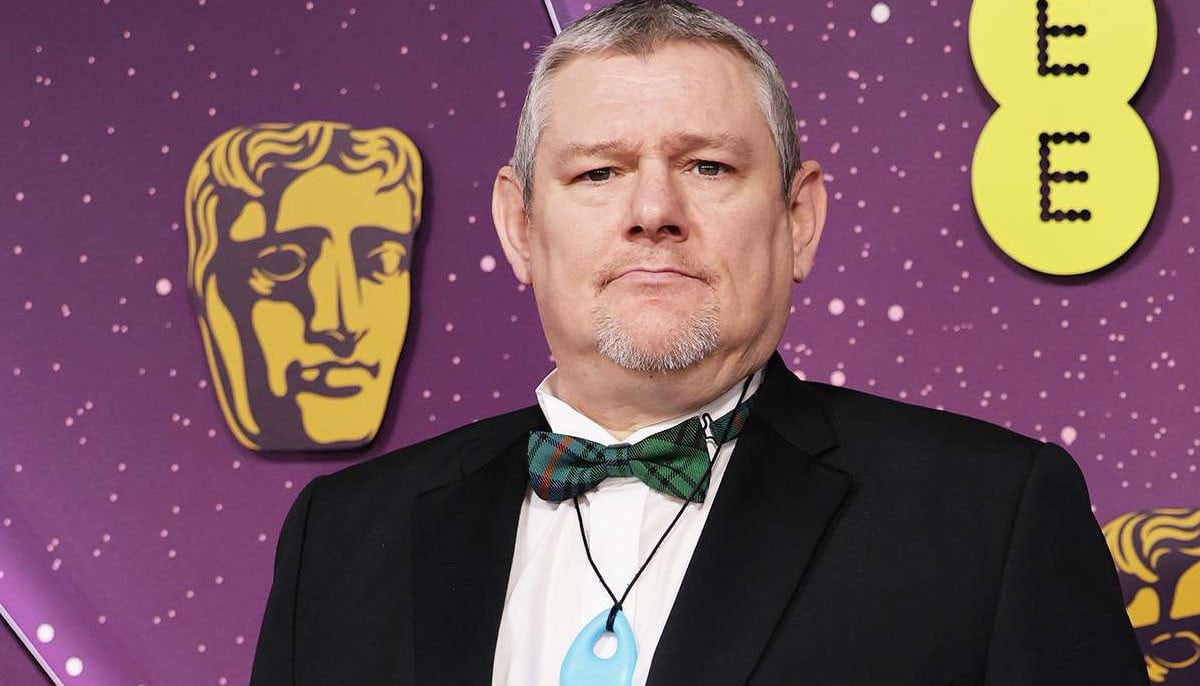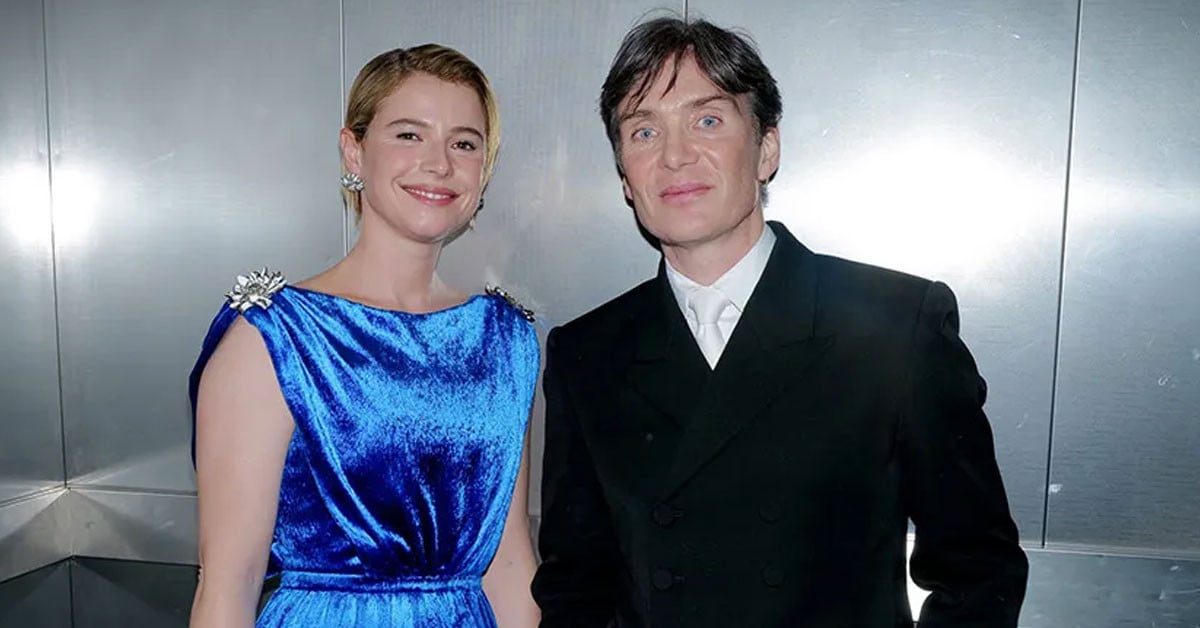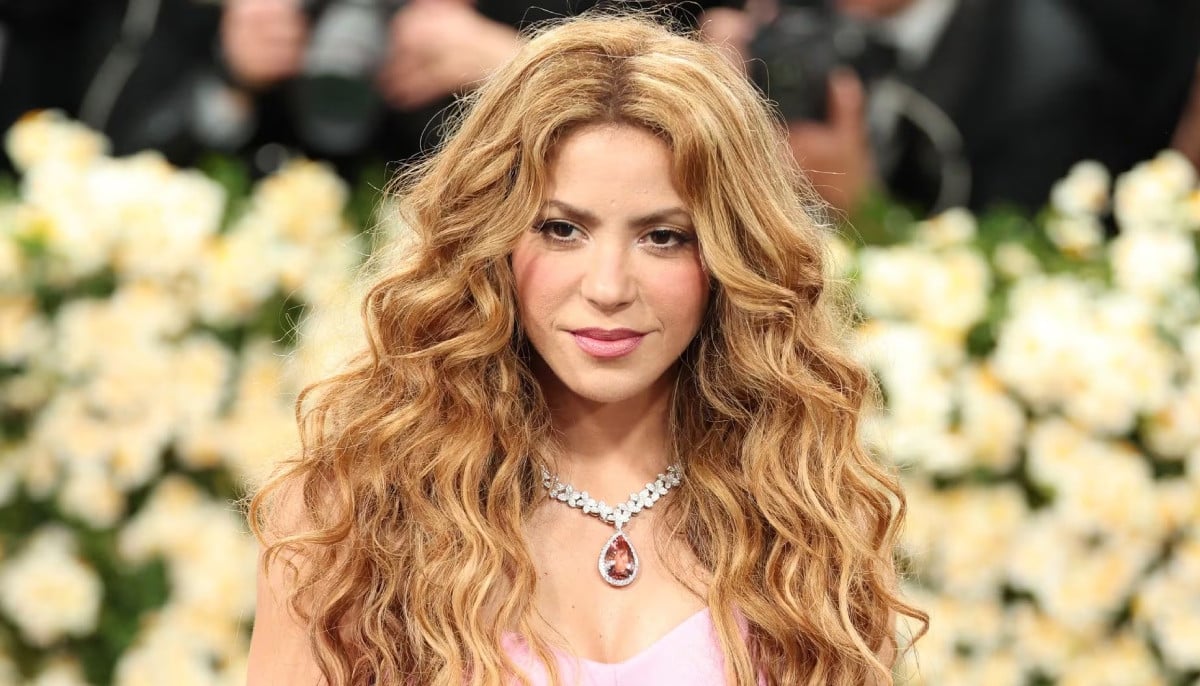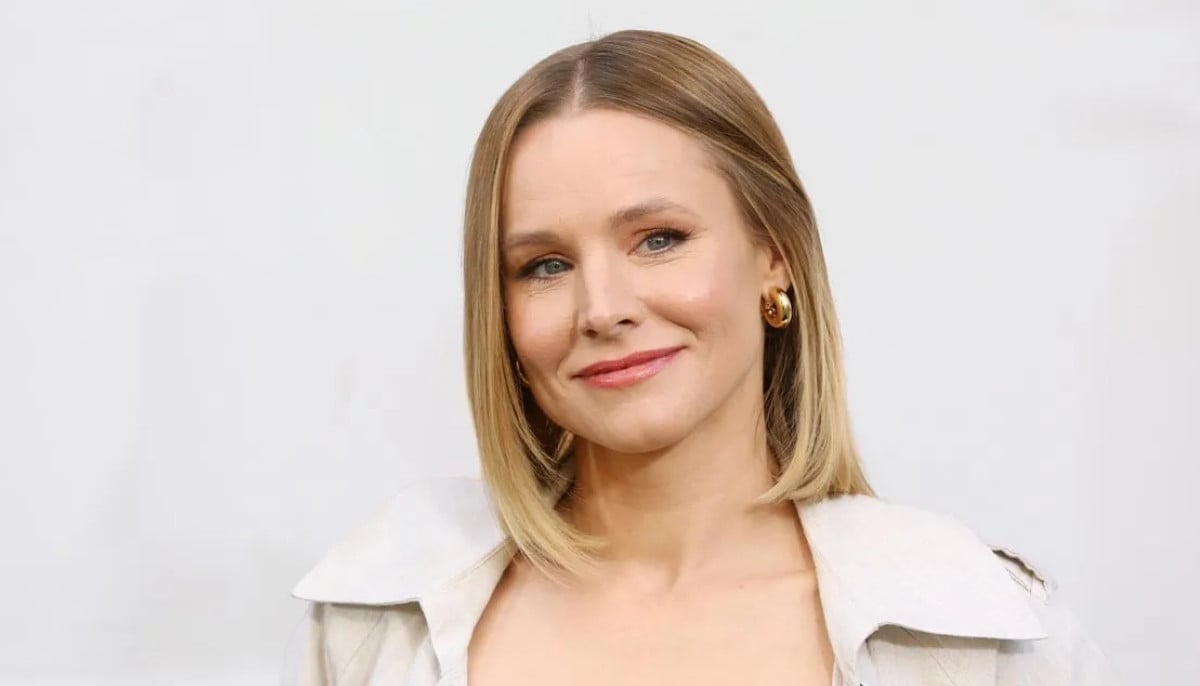In response to President Trump’s return to office, European leaders have pushed to increase their own military budget in order to become less dependent on a more erratic America, while also attempting to maintain his cooperation on Ukraine.
However, Friday’s meeting in the Oval Office, when Mr. Trump chastised Ukrainian President Volodymyr Zelensky, reminded European leaders that they may need to develop more specific measures quickly.
A clearly irritated Mr. Trump cancelled a press conference with the Ukrainian leader after the heated discussion and wrote on social media that Mr. Zelensky was “not ready for peace” as long as he had American support.
The most recent indication that Mr. Trump was shifting American foreign policy away from long-standing partners in Europe and toward Russia was his rage and his threat that the US may cease aiding Ukraine if it rejected any peace agreement mediated by the US.
Frank-Walter Steinmeier, the president of Germany, told the German news agency D.P.A. on Saturday, “The scene at the White House yesterday took my breath away.” “I never thought we would ever need to protect Ukraine from the United States.”
Building the capabilities and weaponry that Europe would require to achieve true military independence would take years. Additionally, aiding Ukraine while developing domestic defenses could require the kind of swift action and coordinated political will that the European Union frequently finds difficult to muster.
“Today, Europe is essential; the question is, how do they step up?” The German Marshall Fund’s interim head, Alexandra de Hoop Scheffer, stated. “They don’t have any other options.”
European leaders had already been discussing what parameters they would accept, what they may provide Ukraine in their next assistance package, and how they might help ensure security in Ukraine in the event of a peace agreement.
Top officials are really set to meet this week to talk about defense, first in London on Sunday at a meeting hosted by British Prime Minister Keir Starmer, and then in Brussels on Thursday in a special European Council summit that brings together leaders of the European Union.
In order to develop a draft of ideas for the conference in Brussels, representatives from the bloc’s 27 member nations convened on Friday afternoon. According to an E.U. official informed on the issue, the proposal called for more precise definitions of potential security assurances for Ukraine and recommendations to strengthen E.U. defenses more quickly than previously anticipated.
And it was prior to the conversation between Mr. Trump and Mr. Zelensky on Friday.
Many European authorities immediately expressed their support for Ukraine in response to the flare-up.
In a joint post with other European leaders on Friday night, Ursula von der Leyen, head of the E.U.’s executive branch, wrote in Ukrainian on X, “You will never be alone, dear President.”
Additionally, it sparked demands for swift action, with several European politicians and diplomats expressing the hope that even nations that have been hesitant to boost military and assistance for Ukraine will now embrace a more aggressive strategy.
“We need a strong Europe now more than ever,” French President Emmanuel Macron said on social media. “Now is the surge.”
Even more adamant was E.U. senior diplomat Kaja Kallas.






